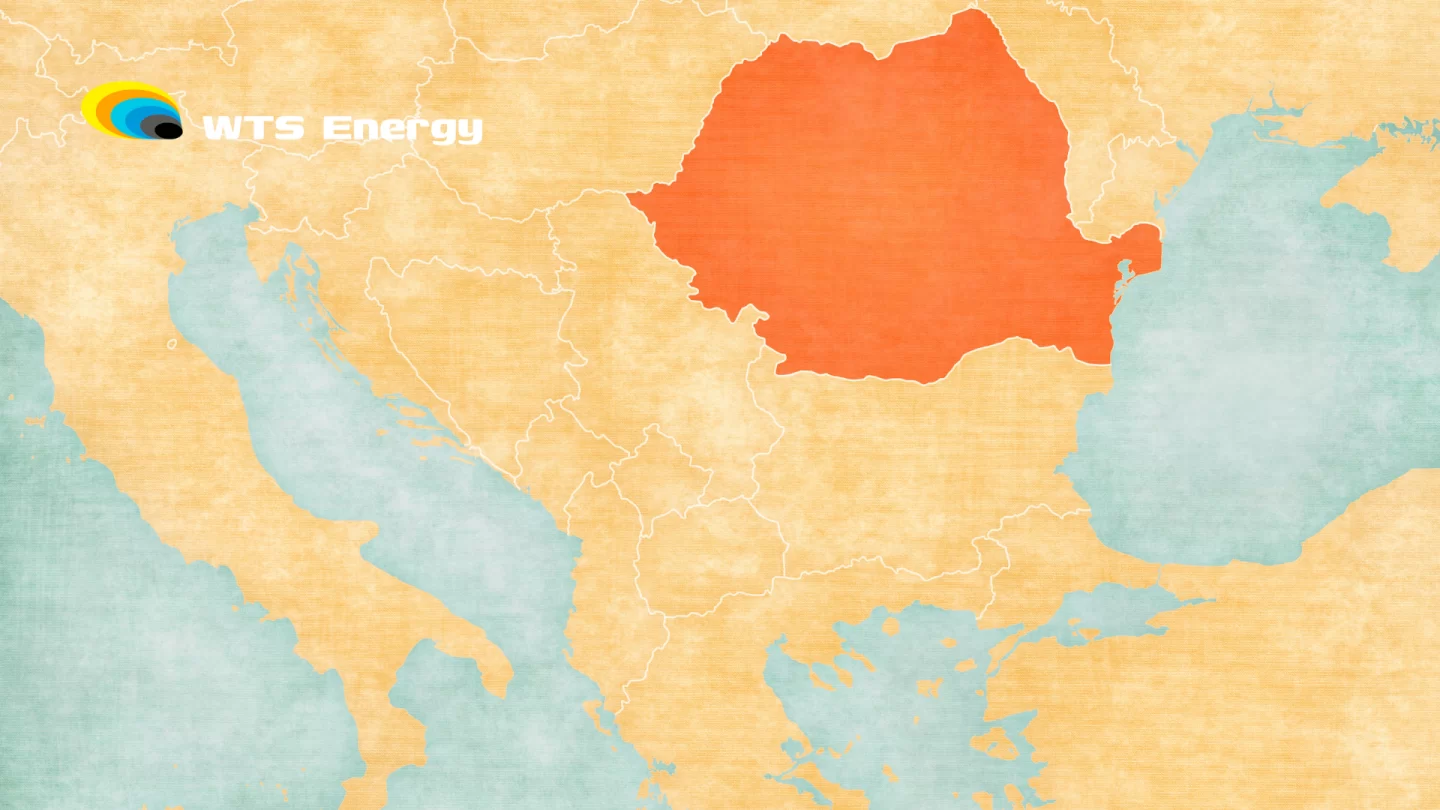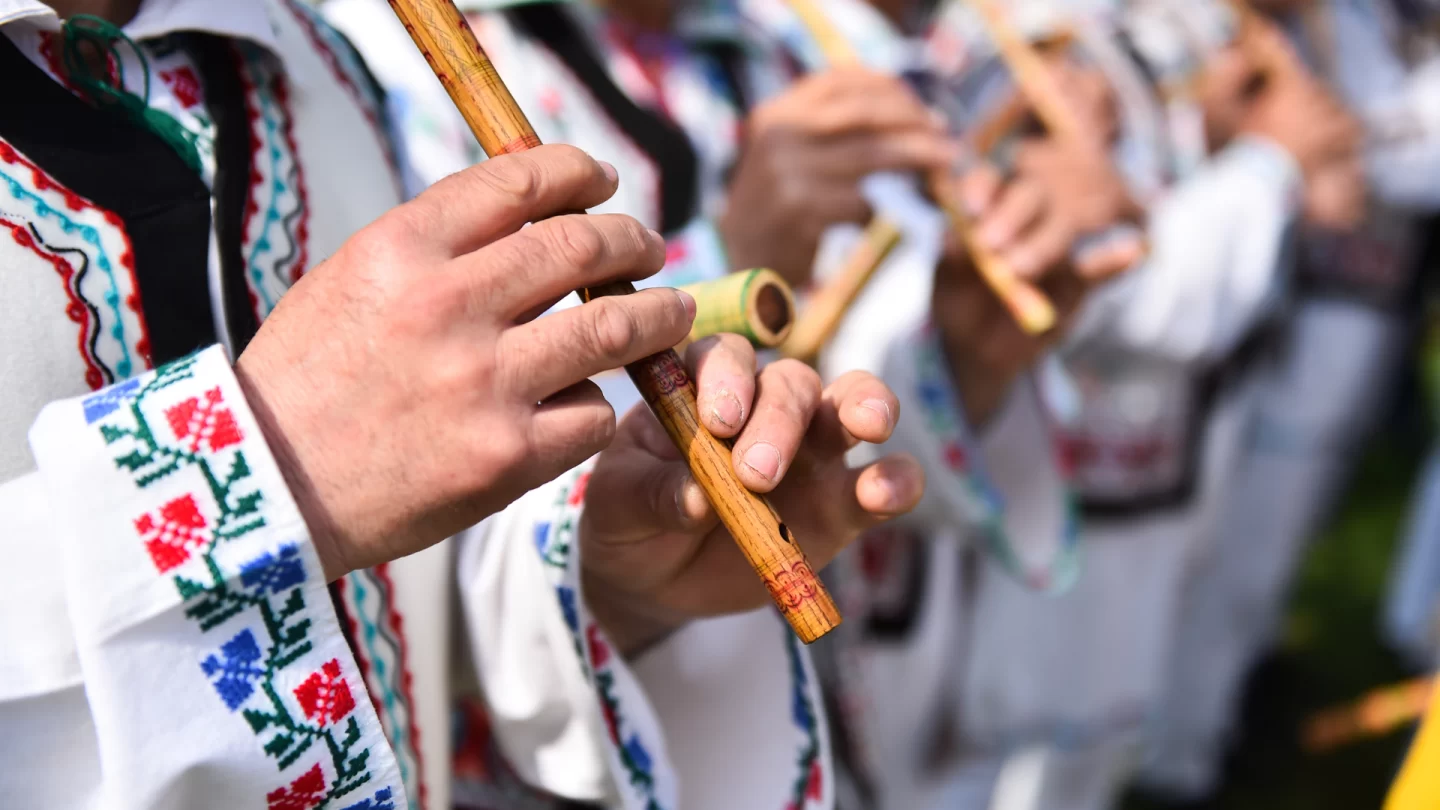Romania stands at the crossroads of the Balkans, Eastern Europe, and the wider Black Sea region, a melting pot of cultures, histories, and economies. It is this unique position that has made Romania not just a nexus of trade and cultural exchange, but also a beacon of opportunity for those seeking to enhance their careers. Are you from neighboring countries such as Moldova, Bulgaria, Turkey, Serbia, Greece, and beyond? Working in Romania might be the right choice for you.

A Common Past
These nations share more than borders; they are tied by the threads of the Byzantine and Ottoman legacies, Slavic influences, and the more recent communist past. This shared heritage manifests in closely linked languages, cultural practices, and an understanding of the region’s complex history. For workers from these countries, this translates into a sense of familiarity when considering relocation to Romania for career opportunities, especially in booming sectors like construction and offshore industries.

The Romanian Language and Culture
Romanian construction sites are often vibrant with the languages of the Balkans, as workers from neighboring nations communicate in different languages such as English or Turkish, or with the help of Romanian, which many find easier to learn due to linguistic similarities. A lot of Romanian words related to money are in fact borrowed from Turkish, which is also the case for other nations in the Balkans, such as Bulgaria.
The Romanian language, in spite of being a romance language, has heavy influences through Slavic words. When moving to Romania, many Turkish workers, for instance, are surprised to find a large shared vocabulary, where words such as bacșiș, burghiu, caraghios or capac, which were borrowed from Turkish and are pronounced mostly in the same way. The same goes for the Bulgarian language, which although slavic, shares a lot of common words with Romanian as well.

Familiar Gateway to the EU
Moreover, the ease of relocation is significantly enhanced by EU policies for member states, allowing a fluid movement of labor. Any EU citizen can come to Romania for work, and Romania has seen a large increase in the number of EU workers in the past 5 years.
Not from the EU? No problem. Romania can be your opportunity to gain European experience, as many international companies in all sectors have established themselves in Romania and are looking for qualified personnel. Furthermore, all this can be done at a much lower cost of living than other European countries. This sets Romania apart as a great place to gain experience while keeping your costs of living low.

The Romanian Dream
The Romanian dream, therefore, is not a solitary narrative, but a collective one. It’s created and nourished from the ambitions and skills of a regionally diverse workforce, each bringing their expertise and cultural richness to Romania’s industries. In return, when moving to Romania, they find not only employment but also a place where their cultural identities are understood and shared to a large extent. In classic Balkan tradition, guests are very important in Romanian culture. These people are generally very open to helping strangers, and this is also reflected in the way foreigners feel once they arrive in Romania.
In a way, Romania is redefining what it means to be a land of opportunity in the Balkans and beyond. It is a testament to the region’s spirit and its collective pursuit of a better future, and Romania currently enjoys having the right environment for opportunity to grow.
Moving to Romania: How We Can Help You
Moving to Romania, or any other country, can be a daunting task and we understand this better than anyone. At WTS Energy, we specialize in helping energy professionals throughout the whole process of relocating abroad for work. This can mean offering you more information about the project, help with your work Visa, or even information about housing options. Do not hesitate to apply for a job that you think matches your skills.
We are currently seeking people with offshore/infrastructure experience to work in Romania. Click here to find out more:



